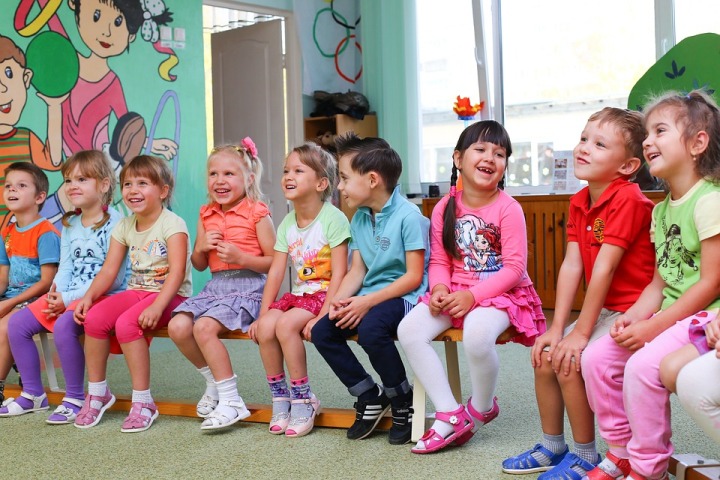How far mother has to go to get childcare due to lack of better road or kindergartens
Worldwide, the lack of quality and affordable childcare and schooling often penalizes mothers as they try to balance care work at home and their career aspirations.

- Country:
- United States
In remote villages across Georgia, better roads and kindergartens are high on women’s agenda, and understandably so. How long it takes them to commute due to the lack of road infrastructure or essential public services such as kindergartens, and how far a mother has to go to get affordable childcare, determines how much time she has left in a day to get paid work.
“When I was raising my children, I had to take them from the village of Tsilkani to a kindergarten in another village, Tserovani. The road was damaged, and sometimes the bus would break down. We had to wait [for the bus] in bad weather and the children would fall ill,” recalls Eka Daudashvili from east Georgia.
It used to take Eka Daudashvili at least an hour, if not more, to take her children to kindergarten every morning, and then rush to work. She was often late, which made her worry constantly. During those days, if anyone had asked Daudashvili, her biggest wish would have been a kindergarten in her own village, Tsilkani. But at the time, there was none. Years later, when the municipality built one, it lacked adequate infrastructure and amenities and wasn’t a reliable option for mothers.
Eka Daudashvili wasn’t alone in this struggle. Worldwide, the lack of quality and affordable childcare and schooling often penalizes mothers as they try to balance care work at home and their career aspirations. It’s also detrimental for early child development.
Over the last nine years, since 2010, UN Women has supported local partners to renovate and improve 16 kindergartens across rural Georgia. Last year, in partnership with International Women’s Association and local partner, TASO Foundation, UN Women improved services and amenities in three kindergartens in the area, including in the village of Tsilkani, which hosts a sizeable population of internally displaced people (IDPs). The project supported the construction of a new kitchen and a yard for children to play in and supplied toys and musical instruments for the Tsilkani kindergarten.
By then Eka Daudashvili’s children were old enough to go to school, but she joined the kindergarten as a manager. A teacher by training and an IDP herself, she was excited to be part of an effort that’s helping other mothers in the area by freeing up their time to pursue paid work.
“This is a very important initiative. We would like to improve this difficult situation for our sisters because we know that these problems affect women most of all,” says Aleid Douma, Vice-President of the International Women’s Association.
Changing lives
Today, Tamila Ghunashvili is among the many younger mothers in the Tsilkani IDP settlement who has benefitted from having a public kindergarten near her home. The 37-year-old economist is a mother of three and now works with the IDP community, preparing identity papers for the displaced population and providing them information about available public services.
“My workplace and kindergarten are located close, about a 10-minute walking distance,” says Ghunashvili. She can drop off her youngest daughter, 4-year-old Mariam, at the kindergarten before 9.30 a.m. and go to work. It’s made a world of difference to how much she can do with her time now. When her sons were younger, she barely had time to work since there was no kindergarten near her.
“I used to take my sons Giorgi and Luka to the Tserovani kindergarten when they were young. There was a bus, but it took up much of my time,” explains Ghunashvili. “Without a kindergarten [here], I would not have been able to start working, because I wouldn’t have had enough time. My income has brought additional money to the household. Now we can afford more education for my children… my sons go to football classes now and they like it a lot. I want to take them to the English courses as well.”
“There is a strong correlation between availability of childcare services and women’s ability to participate in gainful jobs and achieving their economic independence. Supporting all efforts, including at a local level, to make these services accessible, brings benefits not only to women but also to children, families and communities,” says Erika Kvapilova, UN Women Country Representative in Georgia.
Now, if only the roads in Tsilkani were paved, Ghunashvili says it would make their lives even better. Her older sons, now 9 and 12 years old, have a long walk to the bus stop every day to go to elementary school. When the weather is bad, the roads are worse, and Ghunashvili worries about her sons’ safety. On her wish list is a paved road, and “at least an elementary school nearby, if not a middle school.”
- FIRST PUBLISHED IN:
- UN Women










